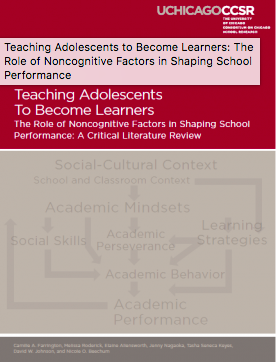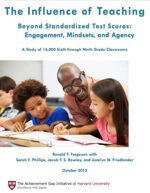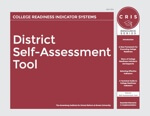Lorem ipsum dolor sit amet, consectetur adipisicing elit, sed do eiusmod tempor incididunt ut labore et dolore magna aliqua. Ut enim ad minim veniam, quis nostrud exercitation ullamco laboris nisi ut aliquip ex ea commodo consequat. Duis aute irure dolor in reprehenderit in voluptate velit esse cillum dolore eu fugiat nulla pariatur. Excepteur sint occaecat cupidatat non proident, sunt in culpa qui officia deserunt mollit anim id est laborum.
Bibliography

Teaching Adolescents to Become Learners. The Role of Noncognitive Factors in Shaping School Performance: A Critical Literature Review
University of Chicago Consortium on Chicago School Research Farrington, C.A., Roderick, M., Allensworth, E., Nagaoka, J., Keyes, T.S., Johnson, D.W., & Beechum, N.O.
This article comprehensively reviews the research that supports how noncognitive factors impact students’ overall academic performance. As a research summary, it is helpful for organizations looking for evidence that supports the development of students’ social and emotional skills.

The Influence of Teaching: Beyond Standardized Test Scores: Engagement, Mindsets & Agency
The Achievement Gap Initiative at Harvard University Ferguson, R.F. with Phillips, S.F., Rowley, J.S.F. & Friedlander, J.W.
This article provides insights into how different teacher actions and approaches help foster students’ engagement, growth mindset and agency. With these specific identifiers, schools can shape the professional development of their teachers.

District Self-Assessment Tool
Annenberg Institute for School Reform, Brown University Bill & Melinda Gates Foundation
This document provides a rubric for schools and school systems to self-assess how well they are preparing students for college. In addition to delineating specific criteria for self-evaluation, it provides suggested data to inform that evaluation. It is a helpful rubric for understanding whole-school and institutional practices that support student agency and college readiness.